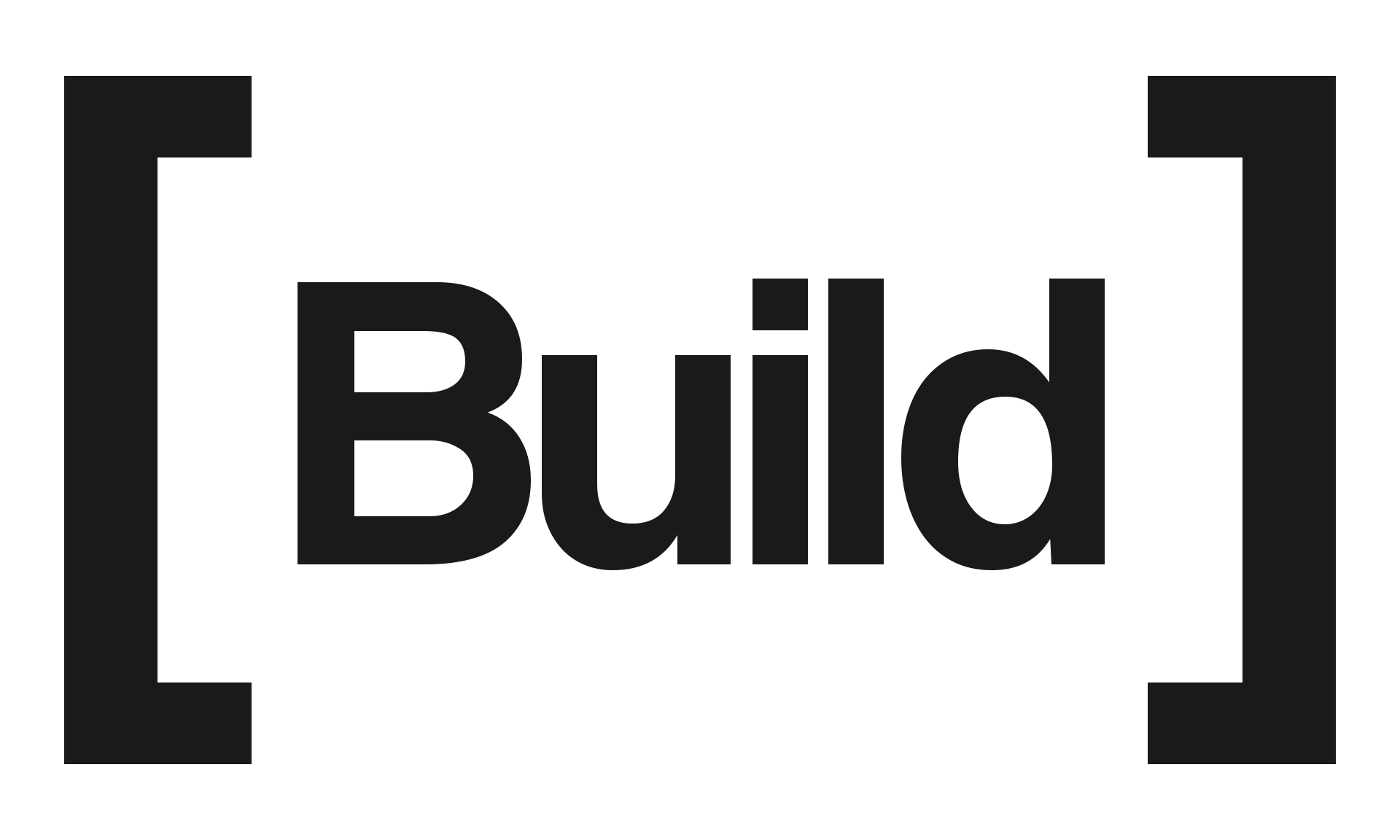
Starting a business often requires capital, and for many entrepreneurs, obtaining a loan is one of the most feasible ways to fund their new venture. However, securing a loan as a startup can be a challenging process, particularly if you lack a proven track record, sufficient collateral, or a long credit history. At Build Accounting, we understand the complexities of startup financing and want to help entrepreneurs navigate the options available to them. In this post, we’ll break down the different types of loans for a startup business, their advantages, and what you should consider when exploring these funding options.
1. SBA Loans (Small Business Administration Loans)
One of the most popular loans for a startup business is through the Small Business Administration (SBA). SBA loans are not directly issued by the government, but they are guaranteed, meaning that the SBA backs a portion of the loan, which reduces the lender’s risk. This makes it easier for startups to get approved, even without a long operating history.
SBA 7(a) Loan: This is the SBA’s flagship program and can be used for working capital, equipment purchases, real estate, or to refinance debt. The loan amounts can go up to $5 million, with favorable terms and low-interest rates.
SBA Microloan Program: This program provides smaller loan amounts, typically up to $50,000, which can be helpful for very early-stage startups. These loans can be used for working capital, supplies, and equipment.
SBA 504 Loan: These loans are used for purchasing real estate, machinery, or equipment and are often more suitable for startups looking to invest in fixed assets. The amounts can be as high as $5 million.
While SBA loans offer competitive terms, they require substantial paperwork and can take several weeks (or even months) to get approved. You will also need a solid business plan, good personal credit, and, in some cases, collateral.
2. Traditional Bank Loans
Traditional bank loans can be a good option for startups, especially if you have an established relationship with a bank. However, banks often have stringent lending criteria and may be more hesitant to lend to startups without a proven history.
Term Loans: These are the standard type of bank loans, where you receive a lump sum upfront and repay it over a set period with fixed monthly payments. The loan can be used for various business purposes, including working capital, equipment, or expansion.
Business Lines of Credit: A business line of credit functions more like a credit card, giving you access to funds as needed, up to a certain limit. You only pay interest on the amount you actually borrow, which makes it a flexible option for startups dealing with unpredictable cash flow.
Banks will typically look for strong credit scores, a detailed business plan, and, in many cases, collateral in the form of personal or business assets.
Examples: Wells Fargo, Bank of America, and Chase
3. Online Business Loans
With the rise of fintech, many online lenders have emerged as viable alternatives to traditional banks. These lenders often have faster approval processes and more flexible lending criteria, making them attractive to startups who may not qualify for traditional loans.
Short-Term Loans: Online lenders typically offer short-term loans with higher interest rates but faster access to cash. These loans can range from $5,000 to $500,000 or more, and the repayment period is usually between three months to three years.
Invoice Financing: For startups that operate with B2B clients, invoice financing allows you to borrow against outstanding invoices. The lender advances a portion of your invoices’ value (typically 80-90%) and charges interest until the invoice is paid.
Merchant Cash Advances: If your startup generates revenue through credit card sales, a merchant cash advance may be an option. The lender provides a lump sum in exchange for a portion of your future sales, repaid daily or weekly. While convenient, these advances often come with very high interest rates.

Need Help Getting Your Startup's Accounting and Taxes Streamlined, Simplified, and Headache-Free?
Schedule a Free Consultation Today
4. Equipment Financing
For startups that require specific equipment, equipment financing can be an excellent way to fund these purchases without having to dip into working capital. With this type of loan, the equipment itself serves as collateral, which reduces the lender’s risk.
- Loan Terms: Loan amounts depend on the cost of the equipment, and repayment terms typically align with the useful life of the equipment. Interest rates for equipment financing are usually lower than unsecured loans.
This type of loan is ideal for startups in industries such as manufacturing, transportation, and healthcare, where expensive machinery is required for operations.
5. Personal Loans for Business
While not the ideal route for every entrepreneur, personal loans can be a way to finance your startup, especially if your business is too new to qualify for other options. Personal loans are based on your individual credit score and financial history, which can make them easier to obtain than business-specific loans for some startup owners.
- Loan Amounts: Personal loan amounts are typically smaller, ranging from $1,000 to $50,000. These loans are unsecured, meaning you don’t have to put up collateral, but they often come with higher interest rates.
Before pursuing this option, consider whether taking on personal debt is manageable and if it’s the right choice for your long-term financial goals.
6. Business Credit Cards
Business credit cards can be an easy and flexible way to finance smaller startup costs, especially in the early days when you may need to cover expenses like office supplies, marketing, and initial inventory.
- Credit Limits and Rewards: Depending on your personal credit score, business credit cards can offer credit limits from a few thousand to tens of thousands of dollars. Many cards also offer rewards programs, allowing you to earn points or cash back on purchases.
While convenient, it’s essential to manage credit cards carefully, as high-interest rates can quickly add up if you carry a balance from month to month.
7. Crowdfunding Loans
Crowdfunding has gained popularity as a way for startups to raise capital without taking on traditional debt. Crowdfunding platforms like Kickstarter, Indiegogo, and Kiva allow entrepreneurs to raise money from individuals who believe in their business idea.
Reward-Based Crowdfunding: In exchange for funding, businesses offer non-financial rewards to backers, such as early access to products or exclusive merchandise.
Debt Crowdfunding: Some platforms offer loans that are funded by individual investors. Startups can receive financing without needing to go through a traditional bank or lender, although interest rates and terms vary.
Conclusion of Loans for Startup Businesses
Securing a loan for your startup can be challenging, but there are numerous options available to fit your business’s unique needs. Whether you choose an SBA loan, a traditional bank loan, or explore newer options like online lenders or crowdfunding, each type of loan comes with its own set of pros and cons.
At Build Accounting, we’re here to help you evaluate your funding options and make informed decisions about financing your startup. With the right loan, you can provide your business with the working capital needed to grow and succeed.
If you’re considering applying for a loan or have any questions about the financing process, get started by working with us today.
Like this Content and Want More Like it?
Sign up for helpful tips to reduce your taxes, receive tax deadline reminders, and get free resources, guidance, and walkthroughs sent right to your email.
About the Author

Brett Rosenstein
Founder of Build Accounting
Certified Public Accountant
Brett is the founder and president of Build Accounting where he provides accounting, tax filing, and CFO services for tech startups and SaaS businesses. His goal is to make the accounting and tax process as simple, streamlined, and headache-free for business founders as possible.
Brett received a Bachelor of Science in Business Administration from The Ohio State University. He is also a Certified Public Accountant.
When Brett is not working, he is running, biking, spending time with his wife and daughter, or trying new pizza places.
Schedule a Free Trial!
Get started today by scheduling a call to see how we can help your tech startup or SaaS business. We’ll respond as soon as possible.
By submitting this contact form, you consent to receive email communications from Build Accounting, including our newsletter with quick time and tax saving tips. You may opt-out at any time.

